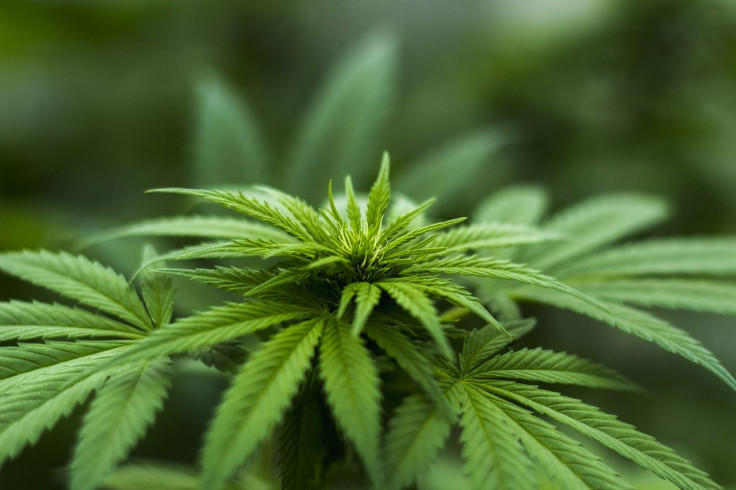Marijuana Could Potentially Give Birth To Drug Against Superbugs

Antibiotic resistance occurs when bacteria become resistant to antibiotics. It’s a huge health problem today because antibiotic drugs are being misused to treat both humans and animals.
The World Health Organization calls antibiotic resistance “one of the biggest threats to global health, food security, and development today.” It said antibiotic resistance can affect anyone, of any age, in any country.
WHO pointed out a growing number of infections such as pneumonia, tuberculosis and gonorrhea are becoming more difficult to treat. This is because the antibiotics used to deal with them become less effective as bacteria evolve defenses to inhibit their effectiveness.
Antibiotic resistance precisely occurs when bacteria evolve in response to the misuse of antibiotics. It leads to longer hospital stays, higher medical costs and increased mortality.
Antibiotic resistance has also given rise to an increasing number of “superbugs,” or strains of bacteria that have become resistant to antibiotic drugs.
WHO said antibiotic resistance is rising to dangerously high levels in all parts of the world. This means a search is going to find better drugs or chemicals to combat the growing menace from antibiotic resistance.
A new study from the University of Queensland in Australia discovered that CBD, or cannabidiol, is "remarkably effective" in killing bacteria, at least in a test tube. CBD is a compound used to relieve pain, anxiety and movement disorders such as those among epileptics. It does not produce the “high” associated with marijuana use.
CBD has received much attention from the medical community for its potential to provide therapeutic effects without producing a high. Other studies suggest CBD might also have anti-inflammatory effects. Whether CBD also has antibiotic effects has been unclear until now.
The Australian study showed CBD has antibiotic effects against a number of gram-positive bacteria. These include certain types of Staphylococcus and Streptococcus bacteria, as well as superbugs that are now resistant to other antibiotic drugs.
In the new study, the researchers tested whether a synthetically produced form of CBD could kill different types of bacteria.
The study showed synthetic CBD did just as well as the prescription antibiotics vancomycin and daptomycin in killing certain strains of Staphylococcus and Streptococcus bacteria. Synthetic CBD even worked against strains of Staph and Strep bacteria that were resistant to vancomycin and daptomycin.
CBD also showed activity against bacterial biofilms that form when bacteria secrete proteins to emit films on surfaces. Biofilms can cause difficult-to-treat infections.
Researchers, however, warn their results are preliminary. They also said people shouldn’t self-treat infections with CBD. But the preliminary results hold promise.
Their research still needs a lot more work to show CBD will be useful to treat infections in humans, said study lead author Mark Blaskovich of The University of Queensland's Institute for Molecular Bioscience's Centre for Superbug Solutions.
"It would be very dangerous to try to treat a serious infection with cannabidiol instead of one of the tried and tested antibiotics," said Blaskovich.



























